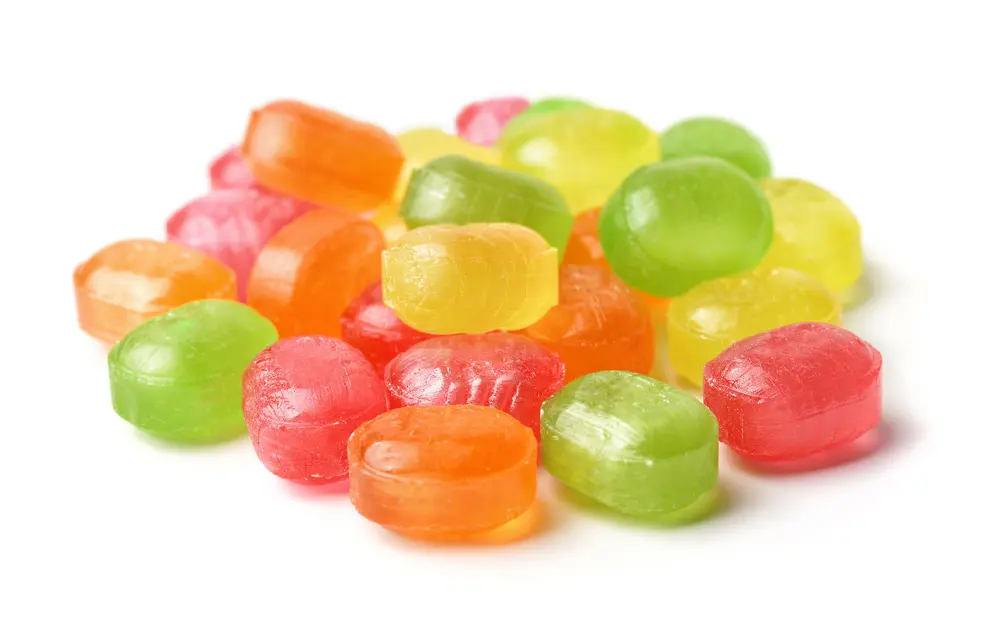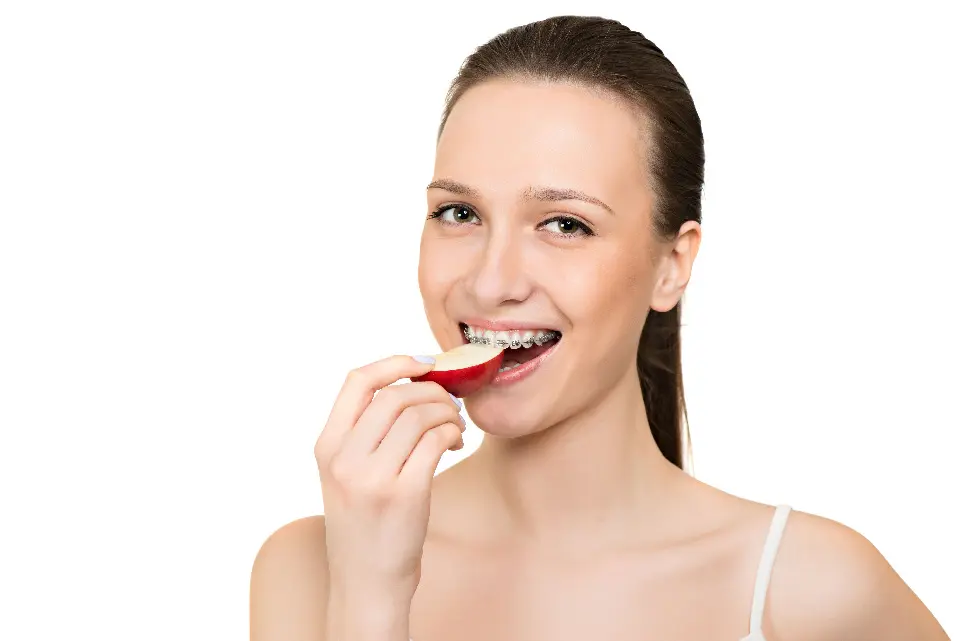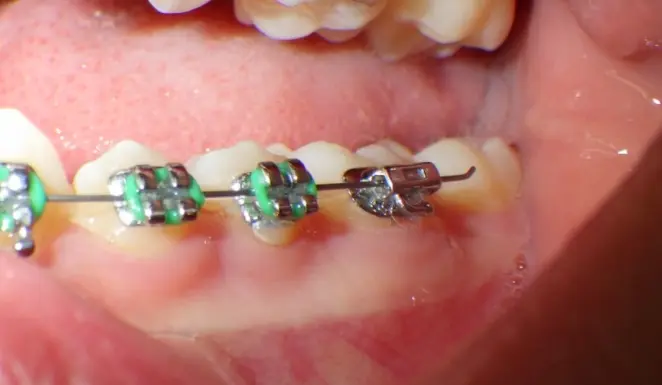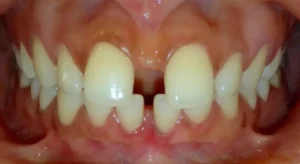Certain foods can put too much pressure on your braces, causing damage or breakage. They can also get stuck under the wire and around the brackets, leading to bacterial growth on your teeth. However, rest assured, it’s not necessary to eliminate these foods from your diet. With proper care and attention, including regular brushing, flossing, and avoiding certain types of hard or sticky foods, you can still enjoy a wide variety of options. For more guidance on maintaining your braces, you can check out informative video resources available online or consult with your orthodontist.
Some of them can still be enjoyed by preparing them differently. You can also chop fruits and vegetables into small, bite-sized pieces. These pieces are small enough to be bitten with your back teeth.
However, there are certain foods that you need to avoid while your braces work their magic to create beautiful smiles. This encompasses popcorn, tough nuts, and hard, adhesive, or chewy sweets. These foods can get trapped within your braces and brackets. This can damage the appliance or cause bacterial growth on your teeth.
Does Ice Cream Help with Braces Pain?
Braces pain relief with ice cream: Ice cream is a great solution for braces pain relief. It not only soothes discomfort effectively but also provides a cool and soft touch that can alleviate pain and reduce inflammation in your teeth and gums. The combination of coolness and softness makes ice cream a delightful and practical choice to ease the challenges of braces, offering a tasty remedy for those moments when you need relief.
In addition to ice cream, you can also consider popsicles, cold smoothies, and drinkable yogurt. These are all excellent choices for relieving pain and reducing inflammation during your orthodontic treatment.
If you’re dealing with orthodontic issues, remember that these methods can provide temporary relief. However, if the pain persists, it’s important to schedule an appointment with your orthodontist. They can check your braces and make any necessary adjustments to ensure your treatment is progressing as it should.
What Foods Not to Eat During Braces

When you’re undergoing treatment, it’s essential to be mindful of your diet. Certain foods can cause damage to your braces, disrupting your treatment plans. Specifically, hard or sticky foods can pose a significant risk. They can get stuck under the wires or in the brackets of your braces, leading to complications.
These food particles can be difficult to remove, and over time, they can lead to the growth of plaque on your teeth. This not only affects your oral hygiene but can also interfere with the effectiveness of your treatment.
Moreover, crunchy foods are another category to avoid. These foods are particularly problematic as they can apply excessive pressure on your braces when you bite down. This can cause the brackets or wires to loosen or break, which can set back your treatment progress.
Therefore, maintaining a braces-friendly diet is a key aspect of ensuring the success of your treatment. By avoiding foods that can harm your braces, you can keep your treatment on track and achieve the best possible results. Remember, your cooperation and adherence to these guidelines play a crucial role in the success of your treatment.
In summary, the list of foods to avoid with braces treatment includes hard, sticky, and crunchy foods. Adhering to these dietary guidelines can significantly improve the effectiveness of your treatment.
The following foods are best to avoid:
- Hard, sticky, or gummy candy
- Corn on the cob
- Chewing gum
- Hard bread crusts
- Popcorn
- Crunchy chips
- Hard pretzels
- Hard crunchy cookies
- Meat on the bone
- Ice (don’t chew)
- Nuts
- Whole raw veggies such as carrots
- Whole hard fruits such as apples
- Whole pickles
Why Can't You Eat Certain Foods During Braces?

While your braces are on your teeth, it’s important to follow the orthodontic care and dietary restrictions provided by your orthodontist.
Your brackets are designed to be sturdy, but even metal brackets can break, come loose, or fall off entirely. Consuming tough foods that exert strain on your braces may lead to damage or snapping of the brackets or wires. In fact, it’s one of the most common reasons patients break or damage their braces.
Furthermore, certain hard or sticky foods can easily get stuck in between the brackets of your braces and under the wires, and it can be difficult to remove this food to thoroughly clean your teeth. Over time, food stuck in your braces can cause bacteria and plaque to accumulate, which leads to dental decay and discoloration or staining of your teeth.
Adhering to dietary restrictions is crucial for the seamless progression of orthodontic care. By following these guidelines, you ensure optimal results and maintain the effectiveness of your treatment, promoting overall oral health and the success of orthodontic interventions.
What Should You Do If Wires or Bands Break?

Even with a cautious diet, braces can still fracture. This includes various types of braces like lingual braces and orthodontic appliances like Invisalign. The brackets may experience some instability or potentially dislodge. Cables might snap or dislodge, and elastic bands could detach.
You can handle these braces emergencies at home. Numerous viable solutions are available for your consideration. Should the aforementioned solutions prove ineffective, it is advisable to consult with your orthodontist.
Orthodontic wax can be a handy tool in such situations, along with other essentials like rubber bands. It can help manage any discomfort caused by the broken parts of them. Remember, it’s important to stay calm and handle the situation with care.





